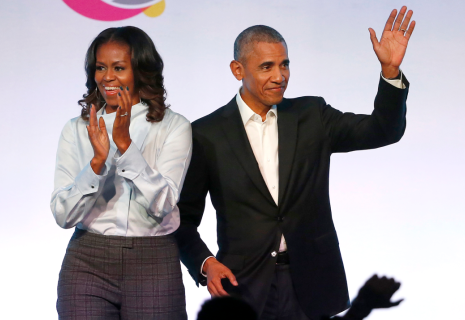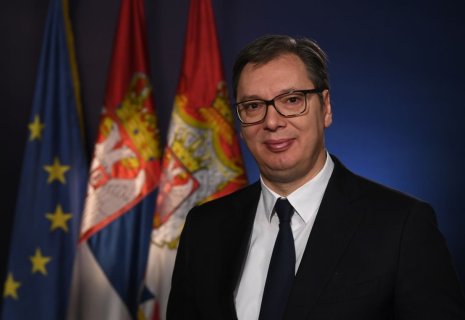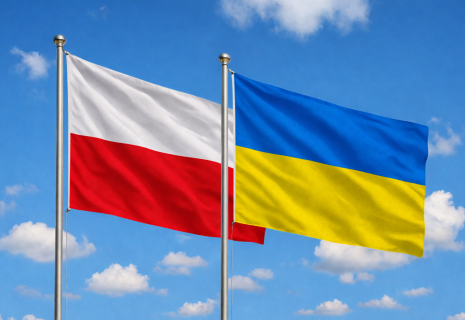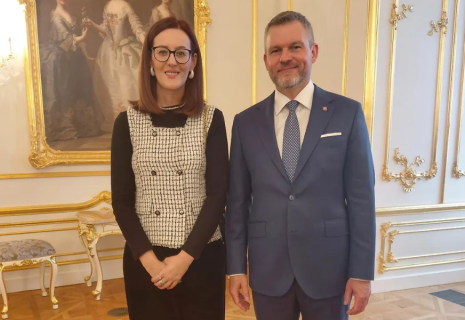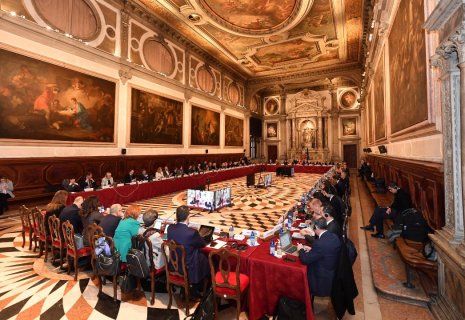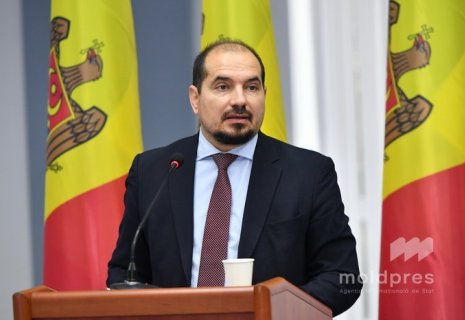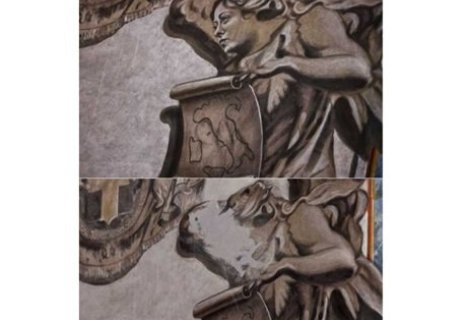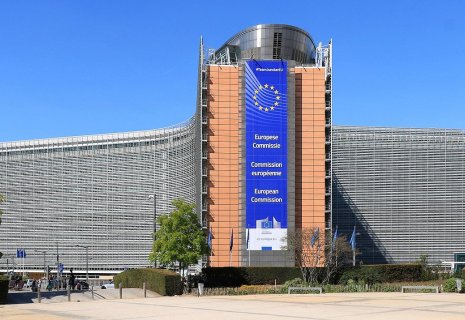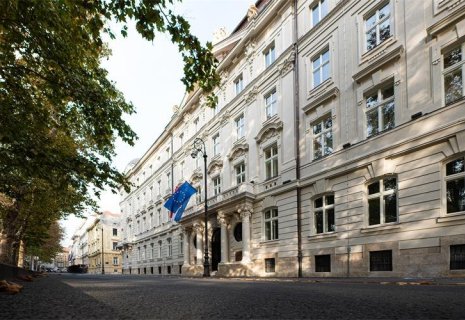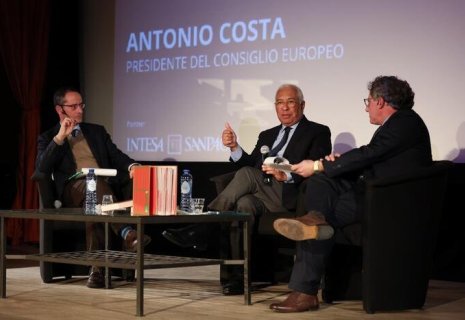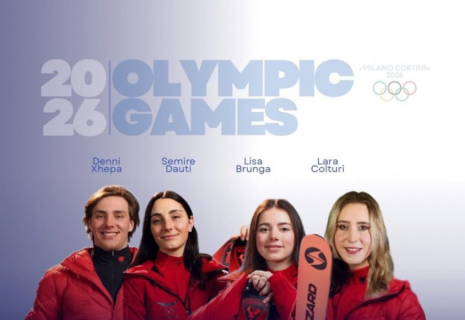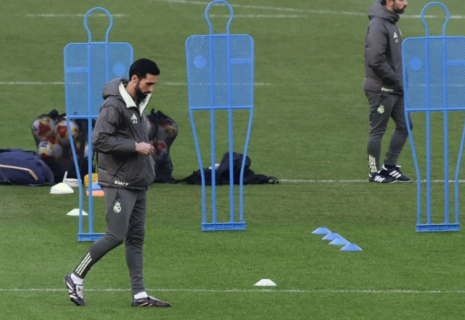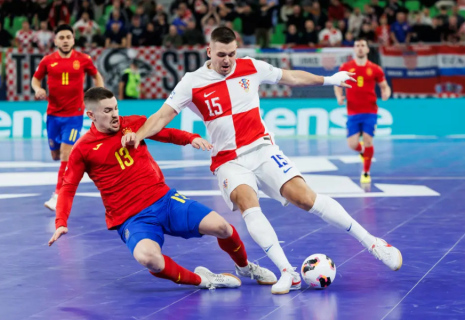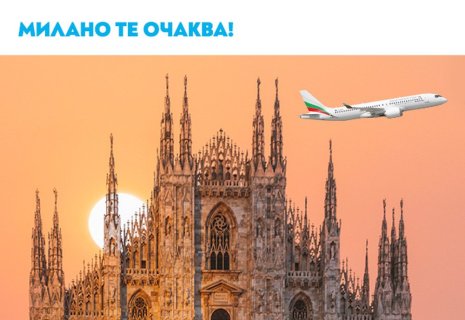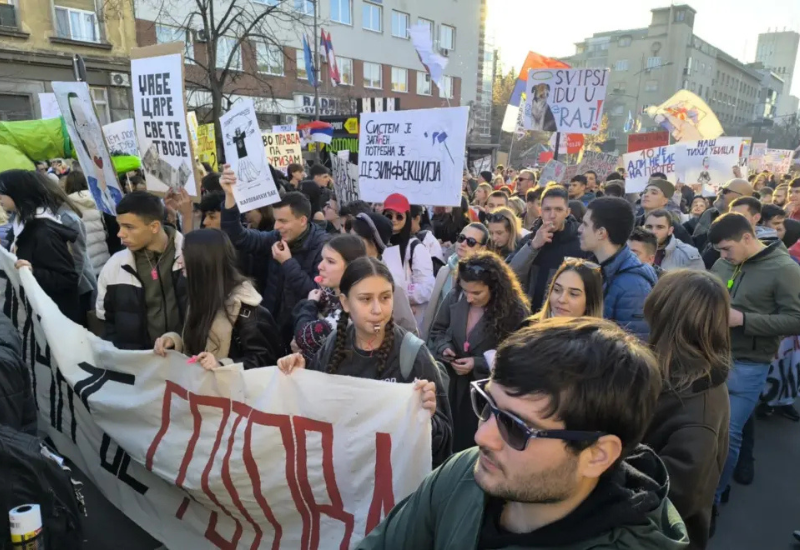
Ljubljana mayor under fire for backing Serbian president
Ljubljana Mayor Zoran Janković has come under criticism for backing Serbian President Aleksandar Vučić amid massive anti-government protests in the country as even his long-time supporter, Slovenia's first president Milan Kučan, described his move as a mistake, CE Report quotes The Slovenia Times.
"In these demanding moments when Serbia faces many challenges, I wish to express my sincere support and recognition for everything you have done for the development and stability of the country," Janković wrote in his letter of support to Vučić.
Janković lauded the Serbian president's "leadership, determination and vision" which he says "have been instrumental to Serbia's success and I am convinced this path must continue", according to the letter circulated by Vučić's press service.
Janković's office confirmed that the mayor sent the letter but would not comment any further, saying that he had already said everything at his weekly press conference on 28 January.
At the press conference, the long-serving Serbian-born mayor described Vučić as "a good friend" and said he found it difficult to understand the current situation in Serbia. He argued that the people of Serbia did not realise what a good president Vučić was.
Two petitions condemn the letter
Janković's letter prompted condemnation in two online petitions supporting the protests in Serbia - one launched by former MEP Klemen Grošelj and the other by one hundred academics, journalists and activists from Ljubljana.
Grošelj said his petition aimed at showing that despite the silence of the Slovenian government and despite Janković's letter "there is a Slovenia which supports the student movement very much".
He described reaction by Slovenian politics as "anaemic and undefined when it could be very clear considering this is about issues related to fundamental questions of democracy and future development both in Serbia and Europe".
Grošelj was one of four MEPs labelled by Vučić as Serbia's "worst enemies" in January 2024 in response to their criticism of the December 2023 elections in the country.
An MEP for the Slovenian ruling party in the previous term, Grošelj accused Prime Minister Robert Golob of forcing him downballot due to pressure from Janković and Vučić. Both Janković and Golob denied the claim.
In a separate petition dubbed Not on Our Behalf, one hundred academics, journalists and activists from Ljubljana, led by Svetlana Slapšak, a Serbian-born writer and anthropologist, said that "only residents of Ljubljana can speak on behalf of Ljubljana, and Zoran Janković is only one of them".
"Peaceful protests are an expression of the will of the people exercising democracy. Authorities that think they can ignore protests, and insist on doing their own thing, do not understand either protests or democracy," the petitioners say.
Reserved response from officials
In response to the petitions, the Foreign Ministry issued a statement saying Janković's letter of support to Vučić was not an expression of Slovenia's official stance.
"The Ministry of Foreign and European Affairs supports the right to freedom of assembly and peaceful protest as one of the fundamental human rights," the ministry wrote on 31 January.
"We strongly condemn any kind of violence against protesters and call for a credible and thorough investigation into all incidents against demonstrators and civil society," the ministry added.
Meanwhile, President Nataša Pirc Musar said that while she did not comment on internal affairs in other countries, her views in principle when it came to condemning violence and supporting the right to freedom of expression were well known.
Likewise, Prime Minister Golob said on arrival at an EU summit on 3 February that he did not wish to comment on domestic political affairs in Serbia. About Janković's letter he said everyone had a right to their own private views.
Support for students' demands
A stronger reaction came from Milan Kučan, Slovenia's first president, who has been a steadfast supporter of Janković. He said it was his firm belief that Janković's letter did not enjoy the support of the people of Ljubljana, nor did his own.
"This move of his is a political mistake," he wrote for TV Slovenija, adding that student protests "deserve support" because they "triggered fundamental processes of Serbia's democratisation".
Kučan said that meeting the student protesters' demands for a democratic, corruption- and cronyism-free Serbia would also make it easier for Serbia to meet the conditions to join the EU faster.
Support and respect for the demands of Serbian students at protests, triggered by a train station canopy collapse in Novi Sad that killed 15 people, has also been expressed by Slovenian National Assembly President Urška Klakočar Zupančič in a post of her Facebook profile.
Parallel to protests against Milošević
Meanwhile, Vojko Volk, national security advisor to PM Golob, said the government did not want to interfere directly in the situation lest the positions of European governments should be abused in Serbia for any purpose.
However, in a talk show on TV Slovenija on 2 February, he also said that all Slovenians "have known the situation in Serbia well all along. We knew and watched it when people rose up against Milošević, and we see that there is one big parallel now".
He said Slovenia supported a European perspective for Serbia and a stable Serbia. "Whatever government is in power after the very likely departure of the current president will be welcome to cooperate. Slovenia will help any government on its way to the EU," he said.
Janković's support for Vučić has also drawn criticism from protesters in Serbia. Dejan Atanacković, an author and activist, commented for TV Slovenija: "Whoever supports Vučić and his regime today is either uninformed to imbecility or on the pay list of that regime."

